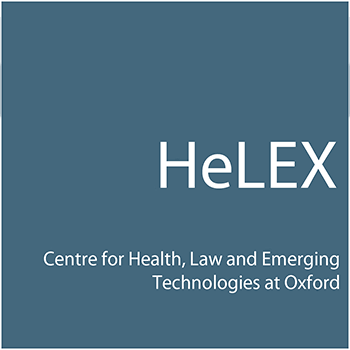Patient voices help our research investigating how to enable AI for all
In January 2020, HeLEX and the Department of Biomedical Ethics and Public Policy at Osaka University were awarded ESRC-JST funding for three years to research stakeholders’ perspectives on the impact of artificial intelligence (AI) in healthcare delivery.
Posted:
Time to read:

The AIDE project (Artificial Intelligence in Healthcare for All: Towards Designing a Platform for Sustainable Stakeholder Engagement) is committed to working with patients to help set the questions for our empirical research.
Both research teams in Oxford and Osaka have recruited a panel made up of expert patients keen to understand the ethical, social, and legal issues surrounding the use of AI in healthcare in the UK and Japan. The aim is to work with a diverse group of patients to inform our key topics for investigation when interviewing citizens, patients, healthcare professionals and developers of AI. We are working closely with 6 patients in the Oxford arm-- and 11 in Osaka—who represent people with different health conditions and ethnic backgrounds.
Since the summer of 2020, we have organised 5 workshops in Oxford, including three with invited speakers from legal, clinical, and policy backgrounds that talked about AI development and implementation in the NHS and for health and wellbeing, and on regulating AI. These provided opportunities for our panel members to understand the process of AI development and deployment and explore the ethical and social implications. The last two were co-design workshops exploring benefits and risks of AI through deliberative method using realistic scenarios of AI applications in healthcare and group work.
We are now synthesising these discussions to identify core themes. These themes will provide content for upcoming focus groups among different stakeholders. The co-design workshop findings will be combined with the results from the Osaka panel’s workshops so that the similarities and differences in attitudes and concerns about AI in healthcare can be compared. These socio-cultural comparisons will be further investigated in the qualitative research with patients, healthcare professionals, developers and implementers in the second half of the AIDE project.
This is very exciting as we haven’t done this kind of engagement and involvement work before, and the learnings from this experience will enhance our future research outputs.
We would like to acknowledge and thank our patient and public involvement panels in Oxford and Osaka for their contributions to the ongoing research work.
Share:

